The textile sector has a ton of promise in Ethiopia. It appeals to international investors primarily because it has cheap costs for the three key elements of a successful investment: low costs for labor, low costs for raw materials, and low costs for energy.
Ethiopia had welcomed some experienced managers from Bangladesh, China, India, and Turkey who had come to establish garment factories there. It appears that the Ethiopian government’s goals are succeeding, and the textile industry is indeed propelling the country forward as it transitions from an agricultural to an industrialized society.
The top textile businesses in Ethiopia will be examined in the remaining sections of this article.
• Addis Garment
Website: www.addisgarment.com
Addis is a leading garment factory in Ethiopia with over 55 years of experience. The company was founded to manufacture various types of shirts and workwear for the domestic and international markets using imported and locally made fabrics. Now, the company manufactures a wide range of garment products such as ties, blouses, graduation gowns, shirts, etc. Addis’s products are produced using modern and advanced machinery and are offered at a reasonable price.
• Kombolcha Textile Share Company (KTSC)
Website: www.kombolchatextilesharecompany.webs.com
Kombolcha Textile Share Company (KTSC) was founded in 1984 in Kombolcha town in Ethiopia. It is an integrated textile mill producing 100% cotton fabrics. The company pursues producing 100% cotton textile products that can meet the needs of customers while expanding market share, generating a profit, benefiting all stakeholders, and playing an important role in the development of the country’s economy.
• Ayka Textile
Website: www.aykatextile.com
Ayka Textile is a vertically integrated textile company, including spinning, knitting, dyeing, and sewing facilities. It offers a diverse range of women’s, men’s, and children’s clothing, as well as sportswear. The company was established in 1988 in Turkey to manufacture and export ready-made garments.
Soon after, Ayka made continuous investments and expanded to become a vertically integrated textile company. This factory was still trying to increase its competitiveness in the international markets. Hence, it established its subsidiary factory in Ethiopia, named the Ayka Addis Group in 2010 to keep up with competitive pricing and developments in the textile sector by producing in Africa. Ayka products are produced following Oeko-Tex 100, Organic Exchange, and GOTS standards. Moreover, Ayka is certified as an organic textile producer by Control Union.
• Bahir dar Textile
Website: www.bahirdartextilesc.com
The Bahir Dar Textile Share Company was established in 1961 as part of an Italian government grant to Ethiopia as war compensation. Its headquarters are in Bahir Dar (a tourist destination convenient town in the country’s north), with a branch in Addis Abeba, Ethiopia.
The company currently has the most technologically advanced machines and an integrated cotton mill that includes spinning, weaving, dyeing/finishing, and garment sections. Quilt covers, pillowcases, and bed sheets are among the products offered by the Bahir Dar company.
Offering high-quality and low-cost products are raising the company’s competitiveness and reputation. The company has a long history of providing excellent customer service. Besides, it uses environmentally friendly manufacturing processes.
It has received OEKO TEX STANDARD 100, quality management system, and environmental management system recognition from international standard organizations. The company’s competitiveness and reputation are growing as a result of its ability to provide high-quality, and low-cost products.
• MAA Garment and Textiles
Website: www.maatextiles.com
MAA factory is emerging to be one of the leading garment manufacturers not only in Ethiopia but also in the world. The MAA Garment & Textiles Factory, a completely owned subsidiary of Kebire Enterprises PLC, opened its doors in June 2004 in Tigray, Mekelle, in the northern region of Ethiopia.
The spinning, knitting, dyeing, finishing, stitching, and embroidery procedures, equipped with cutting-edge machinery are all part of the MAA Garment & Textile plant. The MAA group is led by energetic local employees who are joined by foreign workers from Turkey, Pakistan, and the Philippines.
The company’s goal is to make high-quality clothing that can compete in the global market and focuses on tactics that can demonstrate the happiness of the customers. Both knitted and woven clothing can be produced in the MAA garment factory. Men’s shirts, women’s blouses, jeans, trousers, and jackets are part of the products produced by the MAA group.
• DH Geda
Website: www.blanket.dhgeda.com
DH Geda is one of the top producers of institutional, and military blankets in Ethiopia, opened in 2002 in the town of Akaki, about 20 kilometers east of Addis Abeba. Over 4000 high-quality blankets are produced each day at the DH Geda Blanket Factory.
It specializes in producing a variety of high-quality blankets in different colors and sizes by using the best raw materials, cutting-edge equipment, and skilled workers. To meet specific needs, the manufacturer also creates unique sizes and weights. The blankets are made of the best materials to ensure lifespan and may be either dry-cleaned or washed.
• Etur Textile PLC
Website: www.eturtextile.com
ETUR Textile Plc is one of the subsidiaries of Yüksel Tekstil, which has been a pioneer in the Turkish textile sector since 1960. ETUR Textile was founded in 2010 in Addis Abeba, Ethiopia, to produce environmentally friendly textiles.
Regenerated fibers, regenerated open-end yarns, circular knitted fabrics, and finally knitted garments such as sweatshirts, hoodies, pajamas, t-shirts, tights, and polo shirts, are all produced in ETUR without the use of any chemicals or dyes throughout the entire production process.
Hence, the company protects the environment and underground water sources from harmful chemicals. Every year, ETUR recycles approximately 6.000 tons of fabric remnants and 1.000 tons of cotton spinning leftovers, resulting in saving 29.9 million cubic meters of water and 300.000 Kw of electricity each year.
• Yirgalem Addis
Website: www.yirgalemtextile.com
The Yirgalem Addis Textile Factory was founded in 1954 in the Addis Ababa city area of Ethiopia by a Greek investor. The factory provides a wide range of products and services, including knitting and dyeing services, as well as clothing and blankets. The group’s vision is to be one of the nation’s leading apparel, knitting fabric, and blanket manufacturers.
The company commits to producing high-quality textile and garment products on time and at a reasonable price, as well as complying with social, environmental, and legal issues that meet the needs of internal and external relevant interested parties through the implementation of an effective Quality Management System based on ISO 9001:2015.
• Adama
Website: www.adamaspinning.com
Adama Spinning Factory is a well-known cotton yarn manufacturer with a cutting-edge spinning facility, which was founded in August 2008 in Adama (Nazreth) town, Oromia regional state.
The factory manufactures various counts of 100% cotton yarn from locally cultivated cotton, primarily from the Awash Valley and the Gonder Area. In 2013, the factory expanded its products by establishing Socks knitting plants. Moreover, the Adama group intends to further expand its activities and establish a ginnery plant and garment manufacturing workshop soon.
• BM
Website: www.bmkgarment.com
The first foreign investment company in Ethiopia’s apparel sector, BM Ethiopia, was founded in 2011. It specializes in woven garment production and recently has developed knit capabilities. The business is located in Ethiopia, an African nation that offers duty-free imports of clothing to the United States and Europe.
Customers who desire high-quality clothing at reasonable rates can take advantage of BM’s exceptionally cheap production costs thanks to this special combination. BM collaborates with more than 25 foreign companies. With a 95 percent market share, the USA is its largest market. In order to increase garment exports, KEI was established in 2015 as a sister business of BM Ethiopia, which was equipped with automated and brand-new machinery.





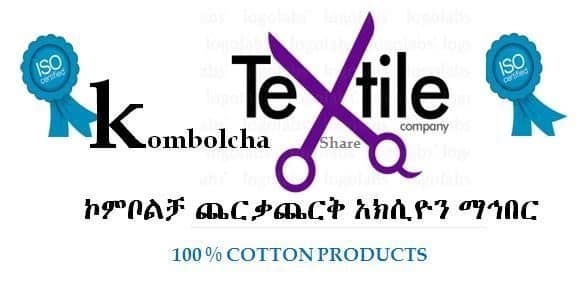



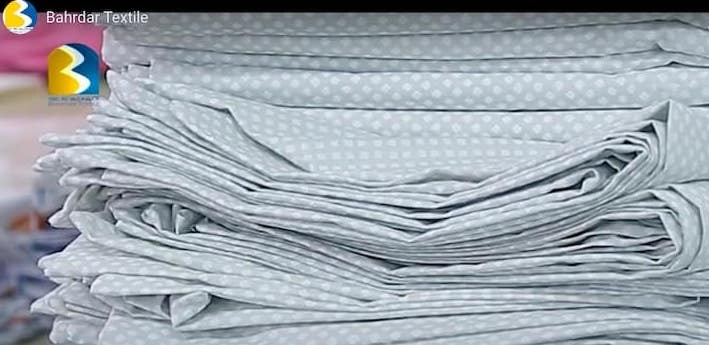

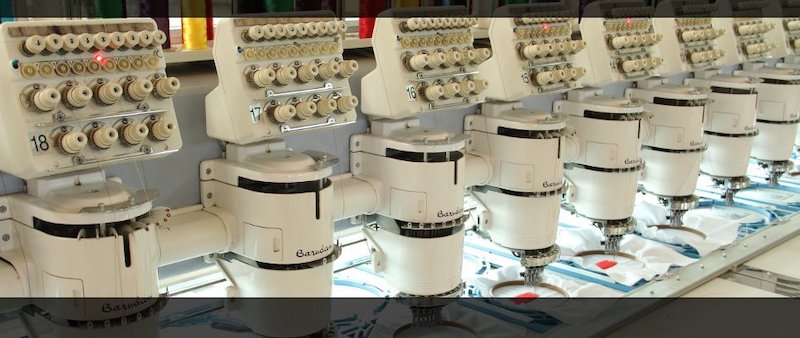

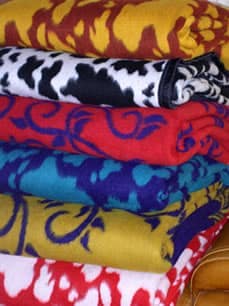



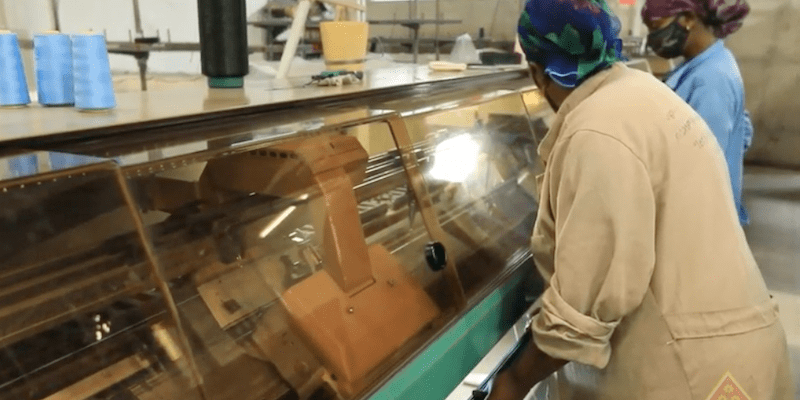


















thanks for your information.
Dear Sir / Madam.
Good morning to you.
Am Viraj Masachchi Deputy general manager for business development for Jay Jay Mills Sri Lanka, Am working with with Jay jay Textile Ethiopia for new brand onboard process.
As a project am developing fabric partners for our Ethiopia plant with below fabric requirements and if you are willing to supplier Jay Jay Textile Ethiopia as fix capacity based agreement we can open to discuss.
Customer- Europe
• CMIA Certificate – Customer Preferred ( Cotton Made in Africa)
• Oekotex Class 1
• GOTS will be an advantage
Target Qualities . GSM Expected Cut able Width JJT Target Price Supplier price
95% CMIA Cotton 5% LYCRA® Brand Single Jersey 160 170
95% CMIA Cotton 5% LYCRA® Brand Single Jersey 180 170
100% CMIA Cotton Single Jersey 140 170
100% CMIA Cotton Single Jersey 160 170